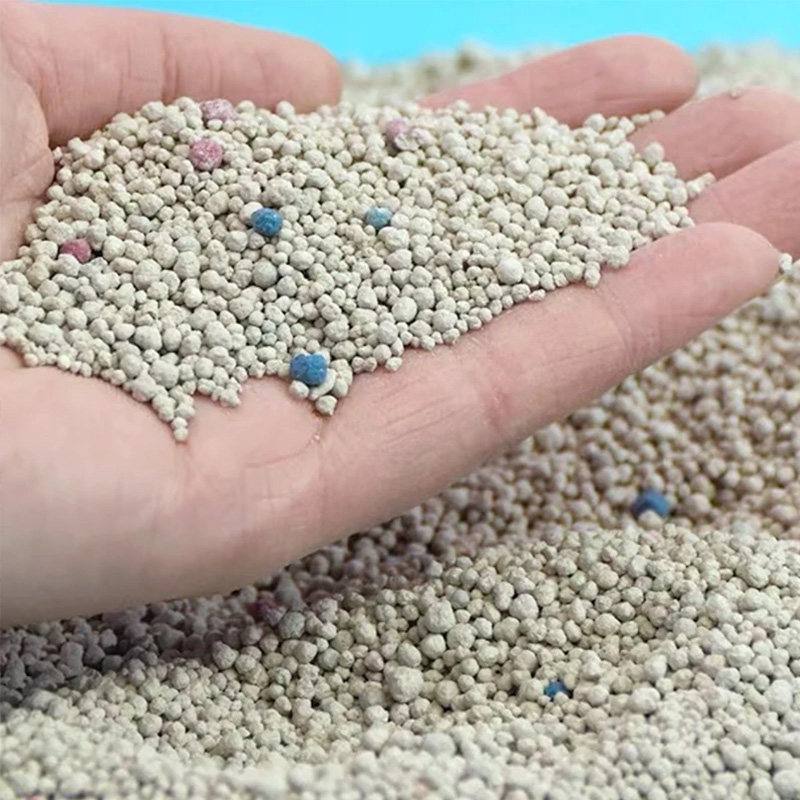Strength and Durability of Jute Rope Manufacturing Industries
The Strength of Jute Rope An Overview of Factories and Production
Jute rope, a natural fiber product derived from the jute plant, has been a staple in many industries due to its durability, versatility, and eco-friendliness. Jute, often referred to as the golden fiber, is one of the most affordable natural fibers and is primarily grown in countries like Bangladesh, India, and China. The strength of jute rope makes it a preferred choice for various applications in agriculture, construction, shipping, and crafts. This article explores the strength properties of jute rope, the production process in factories, and its applications in different sectors.
Strength Properties of Jute Rope
The strength of jute rope can be attributed to its fibrous structure. Each strand of jute is composed of long cellulose chains, which provide remarkable tensile strength. This makes jute rope capable of withstanding significant loads without breaking, typically ranging from 1200 to 2500 pounds depending on thickness and quality. Furthermore, jute fibers have a natural moisture resistance which enhances durability, particularly in humid environments.
In addition to tensile strength, jute rope exhibits excellent abrasion resistance. It can endure wear and tear in environments where constant friction is a factor, making it ideal for uses such as strop lines, cargo securing, and towing. Its high biodegradability is another critical aspect, as jute rope decomposes naturally over time, making it an environmentally safe option compared to synthetic alternatives.
The Manufacturing Process in Factories
The production of jute rope begins with the harvesting of jute plants, typically done during monsoon season. Once harvested, the jute fibers are extracted through a process known as retting, where the stalks are soaked in water for several days to soften the outer bark. After retting, the fibers are separated, dried, and prepared for spinning.
In jute rope manufacturing factories, the dried fibers undergo spinning, where they are twisted to form yarn. This yarn is then processed into ropes of various thicknesses and lengths, suitable for different applications. Advanced technologies and machinery in modern factories enhance the quality and uniformity of the rope, maintaining its strength and durability. Furthermore, many factories are investing in sustainable practices, using eco-friendly dyes and reducing water consumption during production.
jute rope strength factories

Applications of Jute Rope
Jute rope has a wide array of applications across different industries. In agriculture, it is commonly used for tying plants, supporting crops, and bundling hay or straw. Its biodegradable nature ensures that it does not harm the environment when it decomposes after use.
In the construction sector, jute rope serves as a reliable tool for lifting heavy materials, securing structures, and creating temporary scaffolding. Builders appreciate the strength of jute rope, as it provides more grip compared to synthetic ropes.
Shipping and transportation industries also benefit from jute rope due to its sturdy properties, which allow it to effectively secure cargo. Additionally, its weight and flexibility make it easy to handle, contributing to operational efficiency.
Moreover, jute rope has a significant presence in the crafts sector. Artisans utilize jute for making decorative items, home accessories, and fashion products, capitalizing on its natural aesthetic and robustness. The rise in popularity of handmade and eco-friendly products has further boosted the demand for jute rope among crafters.
Conclusion
The strength of jute rope is a testament to the capabilities of natural fibers and their potential to meet the needs of various industries. Factories that specialize in jute production are not only sustainable but also pivotal in promoting eco-friendly practices in a world increasingly leaning towards synthetic alternatives. With its durability, versatility, and environmentally friendly characteristics, jute rope remains a versatile choice for countless applications, ensuring its place in both traditional and modern industries for years to come. As demand grows and technology advances, the jute industry is poised to evolve, reinforcing its commitment to sustainability and quality in rope production.
Share
-
The Best Lubricants for Aluminum Roller GuidesNewsJul.23,2025
-
Slitting Machine Applications in the Packaging IndustryNewsJul.23,2025
-
Rolling Roller Balancing Techniques for Smooth OperationNewsJul.23,2025
-
How To Optimize An EV Battery Assembly LineNewsJul.23,2025
-
Energy Efficiency in Modern Battery Formation EquipmentNewsJul.23,2025
-
Automation Trends in Pouch Cell Assembly EquipmentNewsJul.23,2025







